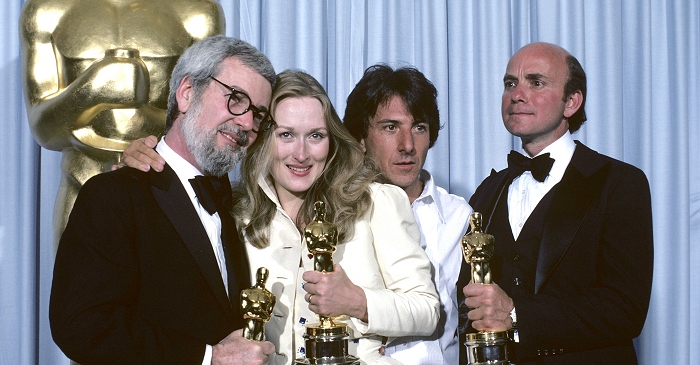|
Simply Streep is your premiere online resource on Meryl Streep's work on film, television and in the theatre - a career that has won her acclaim to be one of the world's greatest living actresses. Created in 1999, Simply Streep has built an extensive collection over the past 25 years to discover Miss Streep's body of work through thousands of photographs, articles and video clips. Enjoy your stay and check back soon.
|
 Most publications have released their reviews for “The Giver” in time for the film’s theatrical release. Unfortunately, the film is not a favorite with critics. Most compare it to other recent YA movie adaptations, whose books have been inspired by “The Giver”, while the novel’s adaptation does not hold up compared with its successors. But here’s the good thing about critics: They give you a chance to see the film and make your own opinion. Below’s a selection of reviews.
Most publications have released their reviews for “The Giver” in time for the film’s theatrical release. Unfortunately, the film is not a favorite with critics. Most compare it to other recent YA movie adaptations, whose books have been inspired by “The Giver”, while the novel’s adaptation does not hold up compared with its successors. But here’s the good thing about critics: They give you a chance to see the film and make your own opinion. Below’s a selection of reviews.
Entertainment Weekly (Jeff Labreque, August 15, 2014)
Bridges, who spent nearly 20 years trying to bring the novel to the screen, seems trapped playing the passive seer, and Meryl Streep’s villainous turn as the Jane Campion-haired Chief Elder will test the blind devotion of Golden Globe voters. In the end, the film practically collapses under its own…hmm, what’s the opposite of ‘weight’? In any case, it falls apart with a slapdash final act that doesn’t work as drama or action and only serves to undermine Jonas’s heroics. It’s treated as a quest so non-Herculean that you wonder why the Giver didn’t do the job himself years ago. Maybe he just lost interest too.
Variety (Scott Foundas, August 11, 2014)
Sameness, the conformist plague that afflicts the futuristic citizens of Lois Lowry’s celebrated and scorned YA novel, The Giver, might also be the name given to what ails the movie adaptation—the latest in a seemingly endless line of teen-centric dystopian fantasies that have become all but indistinguishable from one another. A longtime passion project for producer/star Jeff Bridges, The Giver reaches the screen in a version that captures the essence of Lowry’s affecting allegory but little of its mythic pull—a recipe likely to disappoint fans while leaving others to wonder what all the fuss was about.
The Hollywood Reporter (John DeFore, August 11, 2014)
The changes, which include making the book’s 12 year-old hero old enough to make tween viewers swoon (he’s played by 25 year-old Aussie Brenton Thwaites), surely enhance marketability, even if they sand some edges off a tale that has won many hearts over the years. The presence of Jeff Bridges and Meryl Streep in supporting roles will help draw some attention from grown-ups who don’t know the book, but while the film may see enough success to justify follow-ups (Lowry has written three sequels), this franchise won’t come close to competing with The Hunger Games and other more epic series.
The Washington Post (Ann Hornaday, August 12, 2014)
In its own way, the movie version—handsomely directed by Phillip Noyce and featuring an appealing, sure-footed cast of emerging and veteran actors—aptly reflects The Giver’s pride of place as the one that started it all, or at least the latest wave. Ironically, it wasn’t until its imitators became box office bonanzas that The Giver was seen potentially profitable enough to produce for the big screen. Far less noisy and graphically violent than those films, this mournful coming-of-age tale feels like their more subdued and introspective older sibling, even as it trafficks in the self-dramatizing emotionalism and simplistic philosophizing that are so recognizably symptomatic of the YA genre.
The Wrap (Inkoo Kang, August 11, 2014)
If the film aces its depiction of the dawning horror and social alienation that comes with studying yesteryear, the rest is largely a failure. The Giver is an anti-totalitarian allegory so farcically hyperbolic it feels like only a teenager could have come up with it… [It] feels pinned and tucked into place, evincing a too-smooth surface with all the standard narrative folds and corners. The picture is more human than the people it depicts, but it merely goes and ends where you’d expect it to, save for a gruesomely stupid final two minutes that surprises only with its laziness.













